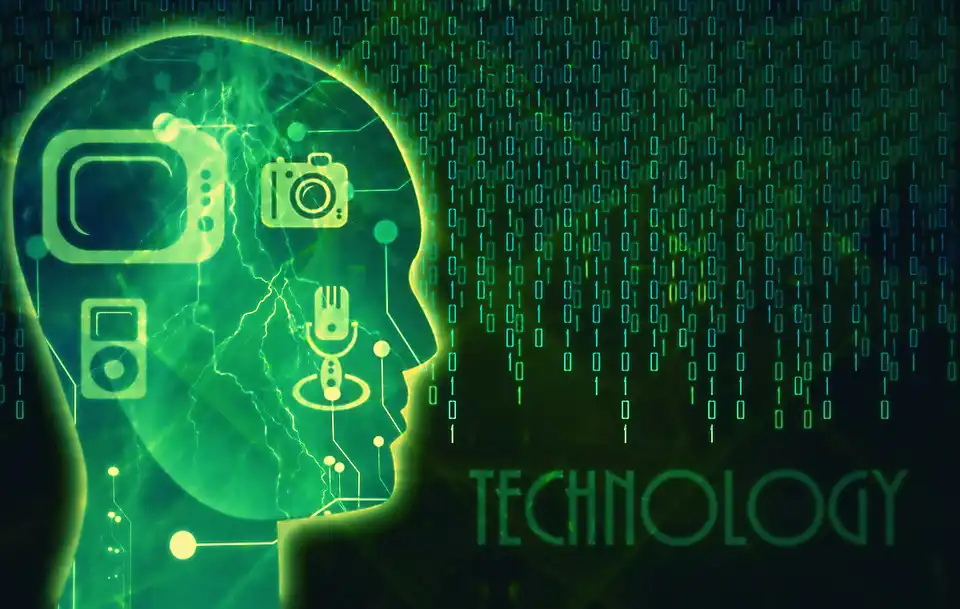AI Emergence of Generated Nude Compositions
The emergence of computer-generated nude compositions, specifically of popular celebrities, can be attributed to the rise of deepfake technology. This advanced form of artificial intelligence can replicate human appearances and behaviors with impeccable precision, making it difficult to distinguish between real and fictitious imagery. The deepfake technology stokes the controversy surrounding the ethical use of AI.
Such manipulated images of prominent figures, particularly those in the entertainment industry, have been spotted on eBay, a platform known for hosting auctions of a variety of goods. The collection included famous personas such as Margot Robbie and Selena Gomez, invigorating the discussion on the potential misuse of AI-generated content.

Probing into AI, Privacy and Consent
The sale of such visuals is not just another auction. It poses significant questions about privacy and consent. Celebrities, despite their public exposure, have a right to their image and this technologically-aided violation raises serious privacy issues. This incident demonstrates that AI has the potential to undermine the privacy and consent of individuals in an unprecedented manner.
One of the most prominent concerns regarding this issue involves the question of consent. Margot Robbie or Selena Gomez certainly didn't approve having their likeness be replicated in such a way. This scenario is a prime example of how technology can be misused to breach personal boundaries and violate human rights.
Rise of deepfake Art or Invasion of privacy?
Some argue that deepfakes can be a form of art — a creative expression that uses AI to explore new possibilities. But this argument fails to acknowledge the genuine risk that this form of AI can pose to individual privacy. The creation, and worse, the sale of computer-generated nudes without explicit consent from the subjects goes beyond the premise of artistic freedom. It constitutes a violation of personal boundaries.
Moreover, technology such as deepfakes carry the potential of being used for more sinister purposes, like spreading misinformation and potentially destabilizing societal harmony. The misuse of AI could lead to gross misrepresentations, posing an immediate threat to the affected individuals and, in the long-term, to society as a whole.
Implication of AI in Reality
In addition to creating subject matters for ethical debates, the existence of AI-generated content on platforms like eBay also brings into focus the implications of AI in our day-to-day life. This case underlines the importance of addressing, and possibly enforcing, stringent rules of ethics in the rapidly expanding world of AI.
Deepfakes are just one example of how AI can be misused. Note that AI technologies are also used in facets of life like digital platforms, social media networks and various search engines. Here, content may become more skewed, partisan, or manipulated, leading to the spread of misinformation and reducing trust in these platforms.
Possible Legislative Solution
To protect privacy rights in the digital realm, there is a dire need for legislative intervention. Legislators must work to address the current grey areas of AI technology use and what constitutes as an explicit consent in the digital realm.
In addition to legal measures, tech platforms themselves must take necessary steps to ensure ethical use of AI. With the technology rapidly evolving, regulations must be proactive in nature and aim to predict and prevent potential misuse of the technology.